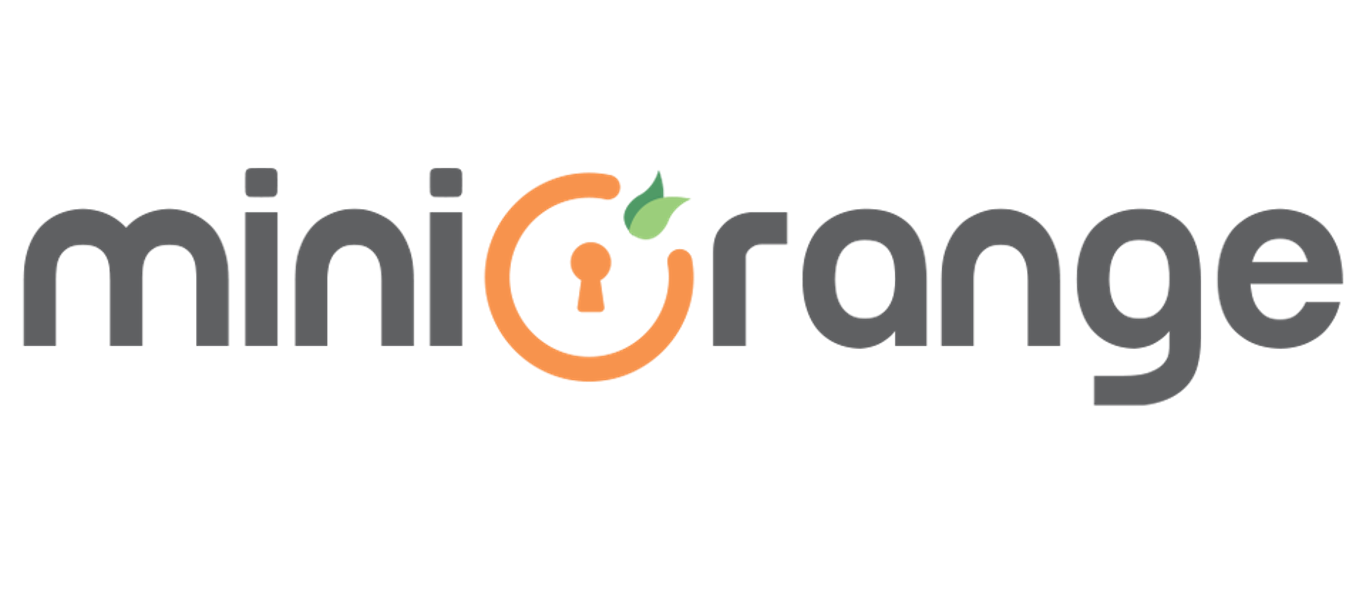Introduction: What is an IP Restriction Solution and why is it used?
IP Restriction Solution is a software that allows administrators or organization owners to limit access of their business data to only a specified and registered IP addresses range.
The software can be used for many purposes, such as:
-
For security purposes like reducing redundancy, bandwidth issues, and handling control of websites with efficient recovery.
-
Limiting access to your content for employees in the office.
-
Preventing people outside of the office from accessing your content when they are on public WiFi networks.
Once an IP restriction solution is enabled, Admins can specify which IP addresses have access to login into the employees’ accounts using IP restriction/limitations. If a user tries to log in outside the required range, it’ll throw an error and a specific employee/ user won’t be unable to login and access the info. Thus, Enabling IP restrictions ensures that your important data can’t be accessed at an unsecured public place or through an unregistered IP address.
What is my IP Address?
If you don’t know your IP address, you can check your IP address by typing “What is my IP?” into Google and your public IP address will appear.
There are 2 types of IP Addresses:
-
Static IP – IP address of a user remains the same every time he/she connects to the network.
-
Dynamic IP – IP address may vary for a user every time he/she connects to the network.
For corporate purposes, static IP addresses are suggested. This is because Dynamic IP keeps changing every time users login, and hence the admin needs to update the Ip addresses range/pool on a regular basis which is a repetitive tedious task.
How Does IP Restriction work?
Generally, When a user tries to login/access their account, the IP address of the login request is evaluated against the allow list by the IP Restriction solution. If the IP address is not on the list, the portal denies login request.
Using miniOrange IP restriction feature, admins can configure the action to be taken if the requesting IP is within the Specified IP address range or not.
-
Allow – Allow access to a portal/data if requesting IP belongs to specified IP Addresses range.
-
Challenge – Prompt user for 2FA (Challenging user login request to confirm user)
-
Deny – Deny access to a portal/data if Requesting IP does not belongs to specified IP Addresses range.
Admins can also set up multiple IP address ranges and action to be taken for each range using miniOrange solutions. Other restrictions like Device Restriction, Time restriction and Location restriction can also be enabled along with IP restriction to set granular access restriction policies.
Admins can also enable notification service in solution to send notification in case a user tries to login from unknown device, is challenged during login and if fails challenge, giving admins better control and reporting of possible breach attempts. You can follow the steps given here to set up IP restrictions and other Adaptive MFA methods for your applications.
Conclusion: Start Using an IP Restriction Solution Today to Protect Your Content & Ideas
IP restrictions policies are often a set of combinations like defined IP ranges or individual IP addresses and time, and hence IP Restriction solutions allow administrators or organizational owners to restrict individual users to one or more predefined IP addresses.
Thus, the IP Restriction feature helps to avoid data breaches by monitoring access from various IP addresses. Data security and visibility into the data can be improved for higher security governance by enforcing cloud security with IP restriction regulations.


